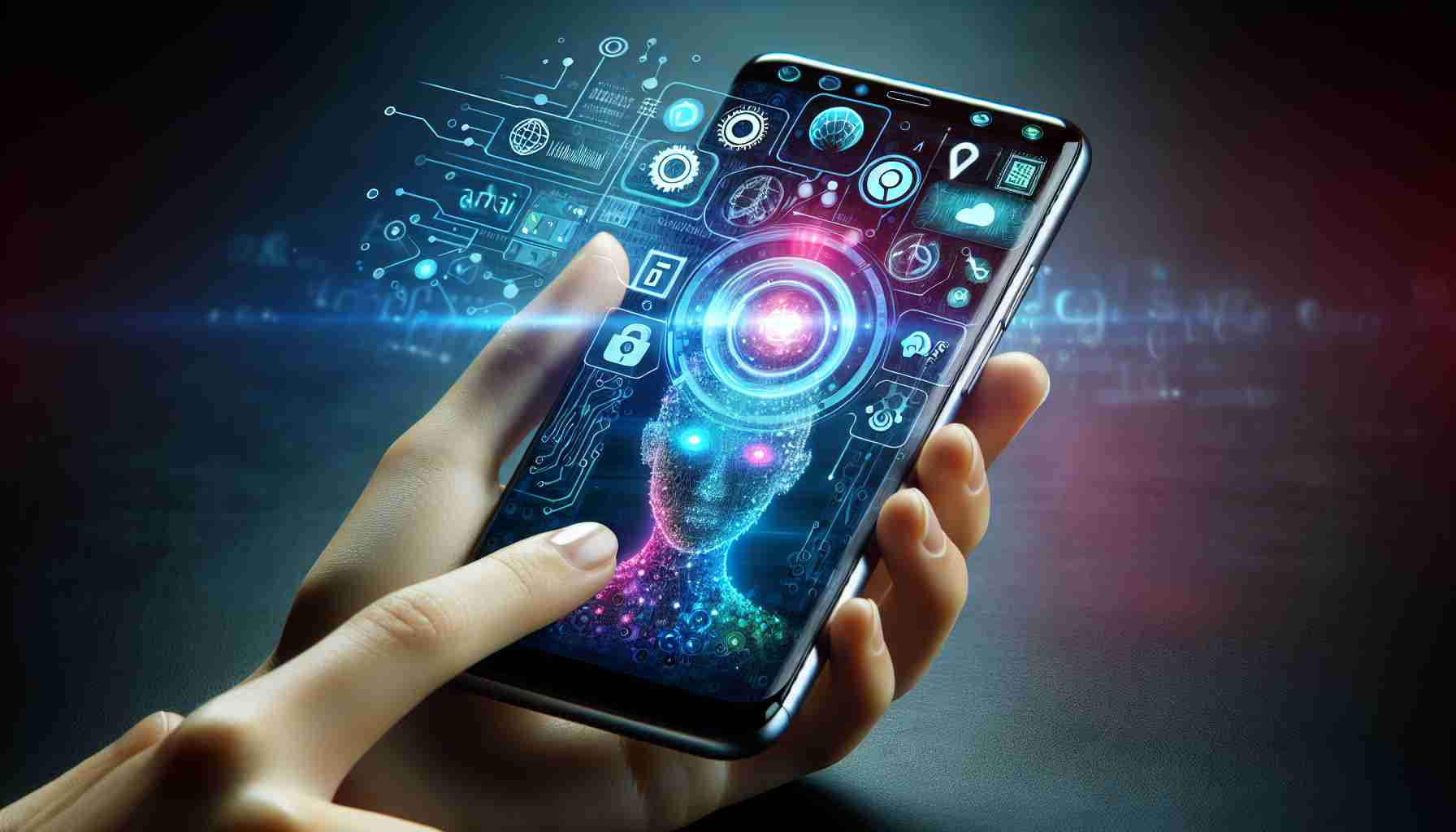The rapid advancement of artificial intelligence (AI) has revolutionized various industries, and the smartphone market is no exception. While smartphones have already become indispensable in our lives, the integration of AI technology is poised to reshape the entire user experience.
Gone are the days when smartphones were just communication devices. Thanks to AI, they have become intelligent personal assistants, capable of understanding and adapting to individual needs. Voice assistants like Siri, Google Assistant, and Bixby are now commonplace, but AI goes beyond that. It powers features like computational photography, predictive text, personalized content feeds, facial recognition, and fraud detection, enhancing user interactions and security.
One of the key trends in the market is the rise of edge AI, where data processing is done on the device itself rather than relying on cloud services. This not only reduces latency and increases privacy but also enables smartphones to handle complex AI tasks more efficiently. This is evident in the growing investment in integrated circuits with dedicated AI processors (AI chipsets) by smartphone manufacturers.
Forecasters predict that AI will continue to transform the smartphone landscape. Advanced machine learning models will enable real-time language translation, more interactive augmented reality experiences, and AI-powered network services that leverage the expansion of 5G technology. These advancements will provide users with powerful AI capabilities without putting excessive strain on the smartphone’s hardware.
However, the integration of AI also brings challenges and controversies. Privacy and security concerns arise as AI systems handle and process sensitive personal data. The ethical implications of AI’s influence on human behavior and decision-making are being debated, with fears of dependence on technology leading to a loss of autonomy. Additionally, the digital divide may widen as the cost of high-end AI-integrated devices increases, leaving some users with limited access to the latest technology.
While the advantages of AI integration in smartphones are vast, it is essential to consider the potential drawbacks. Privacy issues, cognitive skill decline, and job displacement are all concerns that deserve attention.
As the smartphone industry continues to evolve, staying informed about the latest AI developments is crucial. Trusted sources like Wired and TechCrunch offer valuable insights into the latest technological advancements, market analyses, and expert opinions, making them excellent resources for those seeking a deeper understanding of the intersection between AI and smartphones.
In conclusion, AI integration is transforming smartphones from mere gadgets to intelligent companions. While challenges and controversies persist, the future of AI in smartphones promises a more personalized, efficient, and interactive user experience.
The smartphone industry is experiencing a revolution due to the rapid advancement of artificial intelligence (AI). AI technology has transformed smartphones into intelligent personal assistants, capable of understanding and adapting to individual needs. Voice assistants like Siri, Google Assistant, and Bixby are now commonplace, but AI also powers various features such as computational photography, personalized content feeds, facial recognition, and fraud detection, enhancing user interactions and security.
A key trend in the market is the rise of edge AI, where data processing is performed on the device itself rather than relying on cloud services. This approach reduces latency, increases privacy, and allows smartphones to handle complex AI tasks more efficiently. Smartphone manufacturers are investing heavily in integrated circuits with dedicated AI processors (AI chipsets) to support this trend.
Industry forecasts suggest that AI will continue to transform the smartphone landscape. Advanced machine learning models will enable real-time language translation, more interactive augmented reality experiences, and AI-powered network services leveraging the expansion of 5G technology. These advancements will provide users with powerful AI capabilities without straining the smartphone’s hardware.
However, the integration of AI into smartphones also brings challenges and controversies. Privacy and security concerns arise as AI systems handle and process sensitive personal data. The ethical implications of AI’s influence on human behavior and decision-making are being debated, with concerns about dependence on technology leading to a loss of autonomy. Additionally, the cost of high-end AI-integrated devices may widen the digital divide, limiting access to the latest technology for some users.
While the advantages of AI integration in smartphones are vast, it is important to consider the potential drawbacks. Issues such as privacy, cognitive skill decline, and job displacement need attention and careful management.
To stay informed about the latest AI developments in the smartphone industry, trusted sources like Wired Wired and TechCrunch TechCrunch offer valuable insights into technological advancements, market analyses, and expert opinions. These sources provide excellent resources for those seeking a deeper understanding of the intersection between AI and smartphones.
In conclusion, AI integration is transforming smartphones into intelligent companions. Despite challenges and controversies, the future of AI in smartphones promises a more personalized, efficient, and interactive user experience.
The source of the article is from the blog radardovalemg.com
